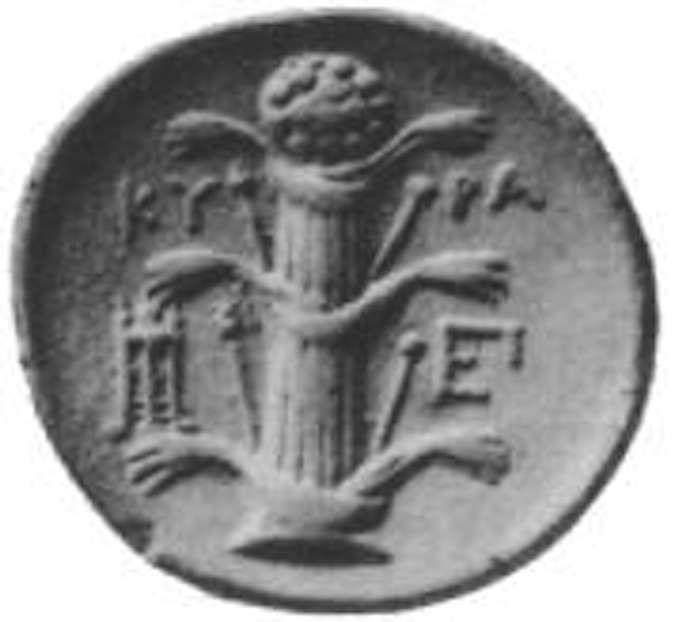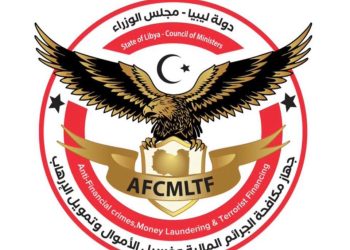By Michel Cousins.

Tripoli, 2 December:
The Central Bank of Libya is planning to change the design of Libya’s coins. It has issued . . .[restrict]a tender notice to coin mints in a number of countries asking for quotes and designs for new half-dinar, quarter-dinar, 100-dirham and 50-dirham coins. All will be round. The present quarter-dinar coin is ten-sided.
The tender notice also includes a design for a limited number of one-dinar coins. The Central Bank, however, denies any plan to replace the one-dinar banknote with a coin. A Central Bank spokesman said that new one-dinar banknotes are being printed to replace the present one which, with its picture of Qaddafi, is destined for the incinerator.
There are no plans to have a public competition for the design of the new coins. There is not enough time, according to the spokesman. The bank has itself, however, come up with some basic designs for the new coins. It has suggested the half-dinar would show a Roman monument, the quarter-dinar an underground cave house such as in Gharian, the 100-dirham the fortified granary in Nalut and the 50-dirham the Hand of Fatima.
Perhaps most fascinatingly, the proposed design for the one-dinar coin revives that of coins of Cyrene over two thousand years ago. It shows a silphium plant.
Silphium, used as a medicament in the ancient Mediterranean world, was the basis of Cyrene’s wealth. Thought to be a member of the fennel family, it was said to be worth its weight in silver coins. It grew only in Cyrenaica but became extinct around the first century AD.
There have been reports that the name of the coinage would be changed from the dirham, which has introduced by Qaddafi back to former name used on coins, the girsh or piaster. The name is still widely used throughout Libya. However, the Central Bank is sticking to the dirham for the new coins.
Foreign mints have until the end of January to come up with offers and designs. [/restrict]










